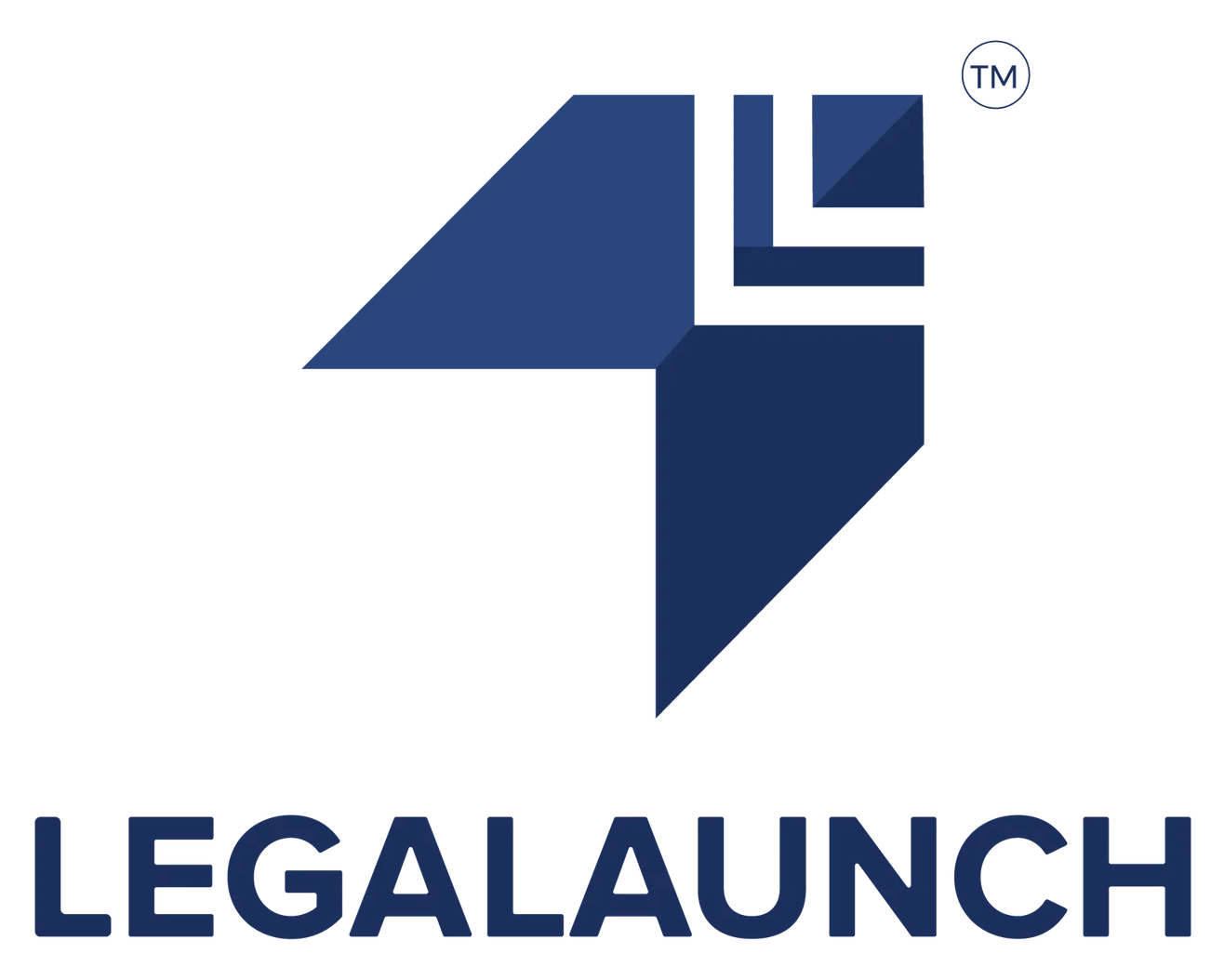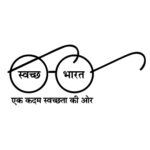
Copyright
Copyright Registration in India: Everything You Need to Know
In the age of digital content and creative expression, protecting your original work is more important than ever. Whether you’re a writer, artist, photographer, filmmaker, software developer, or content creator—your work holds immense value. This is where Copyright Registration in India plays a critical role in protecting your rights.
This blog will walk you through what copyright is, what it protects, why you should register it, and how to do it.
What is Copyright?
Copyright is a legal right given to the creator of original works, such as literary, artistic, musical, and digital content. It provides exclusive rights to reproduce, distribute, display, or license the work and to prevent unauthorized use by others.
In India, copyright is governed by the Copyright Act, 1957, and administered by the Copyright Office under the Ministry of Commerce and Industry.
Works Protected by Copyright
You can register copyright for the following types of original works:
- Literary Works – books, blogs, articles, scripts, poems
- Musical Works – lyrics, music compositions
- Cinematographic Films – movies, short films, videos
- Artistic Works – paintings, illustrations, graphics, logos
- Software/Computer Programs – code, apps, games
- Sound Recordings – voice-over, podcasts, recorded songs
- Dramatic Works – plays, screenplays, stage performances
Why Copyright Registration is Important
- Legal Protection: Safeguards against copying, misuse, and plagiarism.
- Proof of Ownership: Acts as evidence in court in case of infringement.
- Monetary Rights: Enables you to license, sell, or earn royalties.
- Brand Value: Enhances reputation and professionalism.
- Global Protection: Helps claim rights under international copyright treaties.
Copyright Registration Process in India
Step 1: Application Filing
- File online at copyright.gov.in
- Provide details of the work and author/owner
- Upload a copy of the work and pay the fee
Step 2: Diary Number Issued
- After filing, a diary number is issued for tracking
Step 3: Waiting Period (30 Days)
- A 30-day window is given to invite any objections from third parties
Step 4: Examination
- If no objection, the application is examined by the Copyright Office
- If objections or discrepancies arise, a hearing may be scheduled
Step 5: Registration Certificate Issued
- If approved, a Copyright Registration Certificate is granted
Time & Validity
- Duration: Typically 2 to 4 months (can vary)
- Validity:
- Lifetime of the author + 60 years after their death for most works
- For sound recordings and films: 60 years from publication
Copyright Registration Fees (Indicative)
| Type of Work | Government Fee |
|---|---|
| Literary/Artistic Work | ₹ 500 per work |
| Cinematographic Film | ₹ 5,000 |
| Sound Recording | ₹ 2,000 |
| Software (as literary) | ₹ 500 |
Professional fees may apply if done through an agent or legal consultant.
Key Tips
- Copyright exists automatically upon creation, but registration provides legal proof and enforcement power.
- You can register copyright even before the work is published.
- Maintain records and drafts to prove originality.
Conclusion
If you’re a creator, copyright is your first line of defense. It not only gives you control over how your work is used but also allows you to commercialize and monetize your creativity. Registering your copyright is an easy step that goes a long way in protecting your intellectual property.
Need Help With Copyright Registration?
Our team assists with filing, document preparation, and follow-ups with the Copyright Office.
📞 Contact us now to secure your creative rights!



